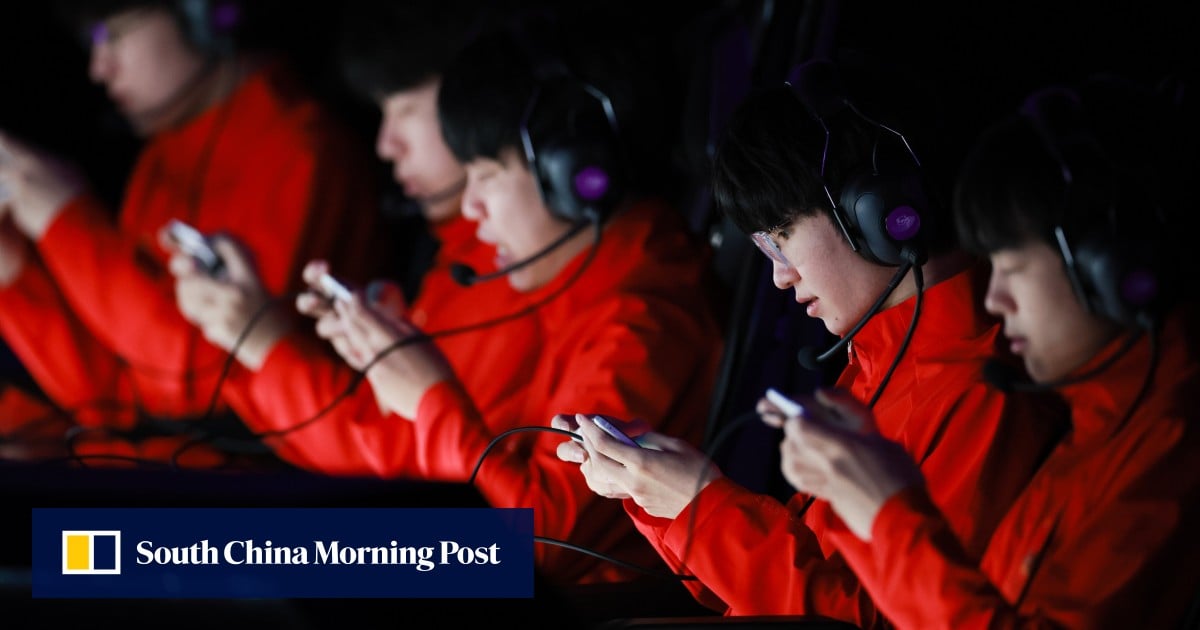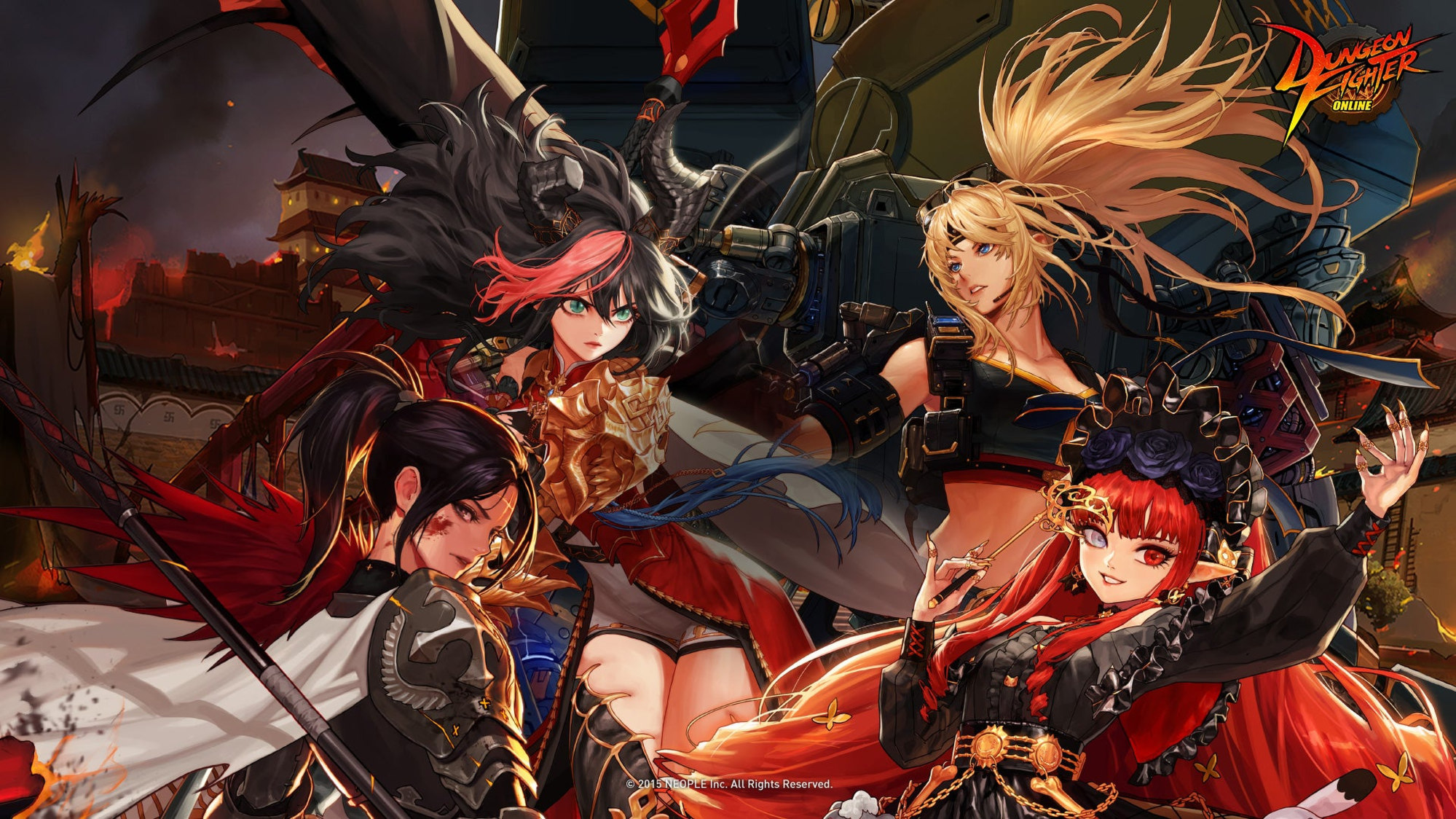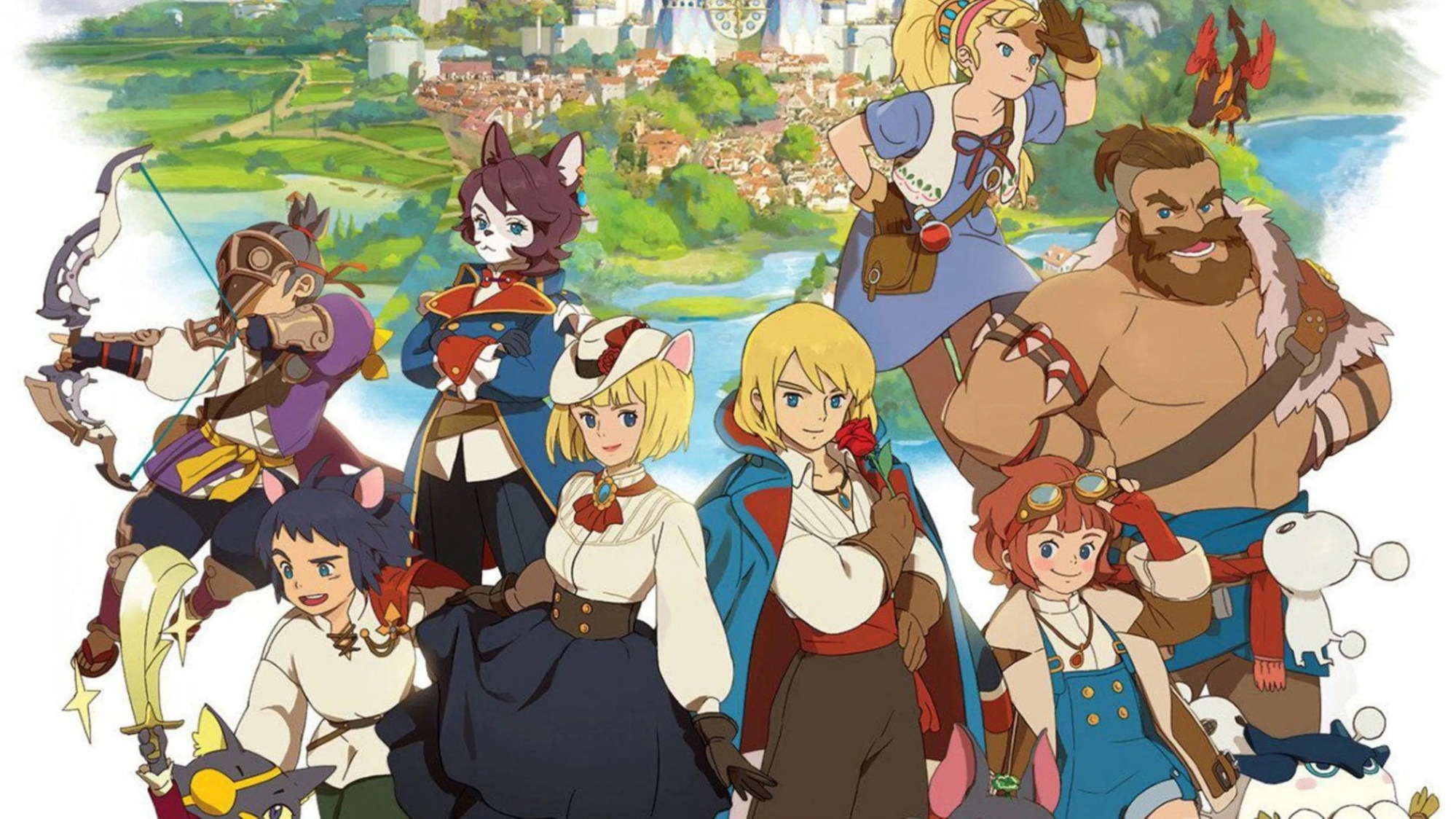
14 Feb South Korea’s major video gaming companies bet big on China’s continued openness to franchises with proven track record overseas
A version of this article was first published by The Korea Times in a partnership with the South China Morning Post.
With at least 18 Korean video games licensed for release on the mainland since late 2022, those top developers are betting big that China’s openness would continue and enable more titles in future to be enjoyed by gamers on the mainland, according to industry insiders and analysts.
Video gaming companies “would naturally prefer [to get licences for] products already with proven performance and achievements [overseas]”, according to a report by Shanghai-based video gaming industry research site GameLook, which referred to the strict control on the number of imports released in the market.

South Korean video game imports already represent a “a bright spot in the market”, the GameLook report said.
At least nine major Korean games were released on the mainland from June to September last year, generating more than 3 billion yuan (US$417 million) in total revenue as of October, according to GameLook.
Seven Korean titles – including Lost Ark by Smilegate, Nexon’s MapleStory M and Ni no Kuni: Cross Worlds by Netmarble – were among the first batch of 44 imports licensed for release on the mainland in December 2022 since a regulatory crackdown in the industry.

The recent approvals, according to industry insiders, signalled that China has eased its restrictions on South Korean video game imports.
Before December 2022, there were only two South Korean games that received licences on the mainland in the six years since March 2017.
South Korea asks China to stop banning its games
South Korea asks China to stop banning its games
Among the latest batch of foreign game imports approved for release on the mainland, DnF Mobile came as a surprise.
In collaboration with Tencent, Nexon originally planned an earlier release of DnF Mobile in China. The mainland launch of the mobile game, which was first released in South Korea in 2022, was suddenly cancelled in August 2020 even though it had more than 60 million pre-reservations at the time.
Tencent, which runs the world’s largest video gaming business by revenue, and partner Nexon cited the need to make adjustments based on regulatory requirements.
DnF Mobile was adapted from Nexon’s flagship personal computer game Dungeon & Fighter, which was released in August 2005. This franchise has since become one of the world’s highest-grossing video games, with more than US$22 billion in lifetime revenue as of June 2023.
DnF Mobile has raised expectations in China’s gaming community, with many players expressing their excitement about its regulatory approval on social media. At the same time, analysts have also indicated that the game’s release in China will help boost revenue for partners Tencent and Nexon.
Nexon, for example, already said that the growth of flagship DnF desktop game and MapleStory: The Legends of Maple on the mainland helped it achieve record-breaking revenue in 2023.
Many of the recently approved South Korean games are also part of popular franchises that are generally favoured in the mainland market.
Some analysts, however, noted that it could also pose a challenge to introduce old franchises, compared with newer, more advanced video games in China.
For older franchises like DnF, “obtaining a licence is more about using existing resources”, said Zhang Shule, an analyst with CBJ Think Tank. “Its gameplay and concept lag behind the times, and it would be even harder to entice [more] players to pay for the game based solely on emotional connection.”

